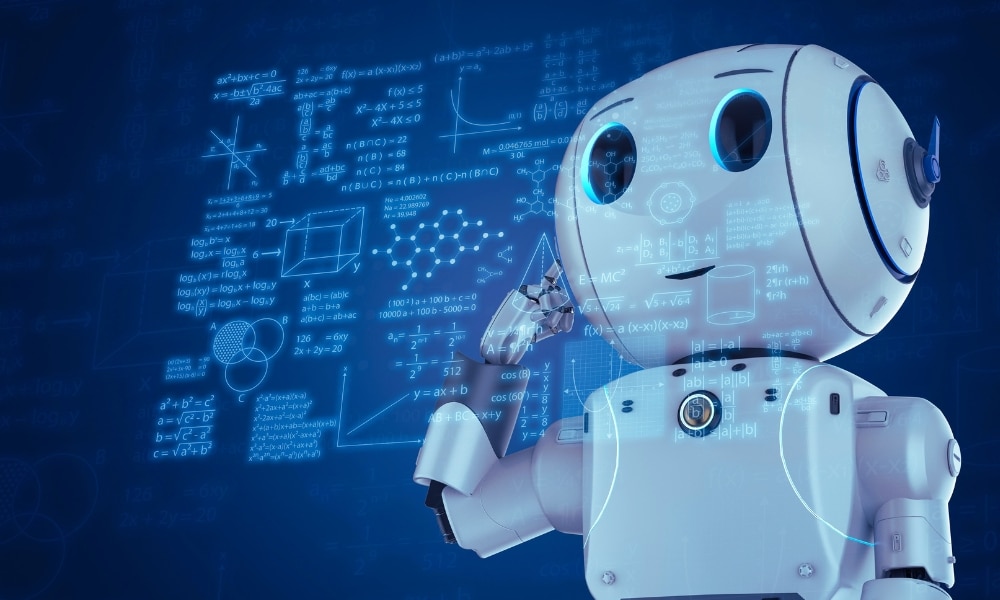As we delve deeper into the 21st century, the way we acquire knowledge and approach education is undergoing a rapid transformation, thanks to cutting-edge technologies. These advancements are not only revolutionizing the way we learn, but also making education accessible to a larger and more diverse population. From virtual and augmented reality to personalized learning and gamification, the possibilities seem endless. In this blog, we’ll explore some of the technologies that are fast transforming the future of education and revolutionizing the way we acquire knowledge.
Artificial Intelligence (AI) is revolutionizing education by providing personalized learning experiences and grading papers. In the future, AI-powered virtual assistants could provide immediate feedback to students and assist teachers in creating more effective lesson plans. This technology is transforming the way we learn and teach.
Virtual and Augmented Reality (VR/AR) technologies are creating immersive learning experiences, from virtual field trips to anatomy lessons. As these technologies become more affordable, we can expect to see more schools and universities incorporating them into their curriculum. This will enhance the learning experience and make it more engaging for students.
Robotics is a rapidly growing field that offers a hands-on, interactive way to teach programming, engineering, and other STEM subjects. As robotics technology becomes more accessible, we can expect to see more schools and universities incorporating it into their STEM curricula, providing students with valuable skills and knowledge that will prepare them for the future.
Blockchain technology can be used to create secure, tamper-proof academic records, making it easier for students to transfer credits and for employers to verify credentials. This technology will ensure that academic records are accurate and reliable, which is essential for students and employers alike.
The rollout of 5G networks could enable faster internet speeds and lower latency, which could revolutionize remote learning and allow for more real-time collaboration and interaction between teachers and students. This technology will make it easier for students to learn from anywhere in the world and collaborate with their peers and teachers in real-time.
Cloud-based platforms can provide access to educational resources and applications from anywhere with an internet connection. This could increase accessibility to education for students in remote or underserved areas. Cloud computing will make it easier for students to access educational resources and applications, regardless of their location.
IoT devices can be used to collect data on student behavior and learning patterns, which can help teachers tailor instruction to individual students’ needs. This technology will enable teachers to personalize instruction and provide students with a more effective learning experience.
Adaptive learning uses data and algorithms to personalize instruction to individual students’ strengths and weaknesses. As more data is collected on students’ learning patterns, adaptive learning could become more sophisticated and effective. This technology will enable students to learn at their own pace and provide them with a personalized learning experience.
Microlearning is another innovative approach that delivers small, bite-sized chunks of information that can be easily consumed by busy professionals on-the-go. This approach is particularly useful for individuals who want to learn new skills or concepts without having to dedicate large amounts of time to traditional learning methods.
Gamification is a powerful tool that leverages game design principles to make learning more engaging and motivating for students. As educators continue to recognize the potential benefits of gamification, we can expect to see a surge in the development of games and educational apps that are specifically designed to enhance the learning experience.
The future of education is exciting, and we can’t wait to see what’s in store for students, educators, and the future of learning.
[ratemypost]





